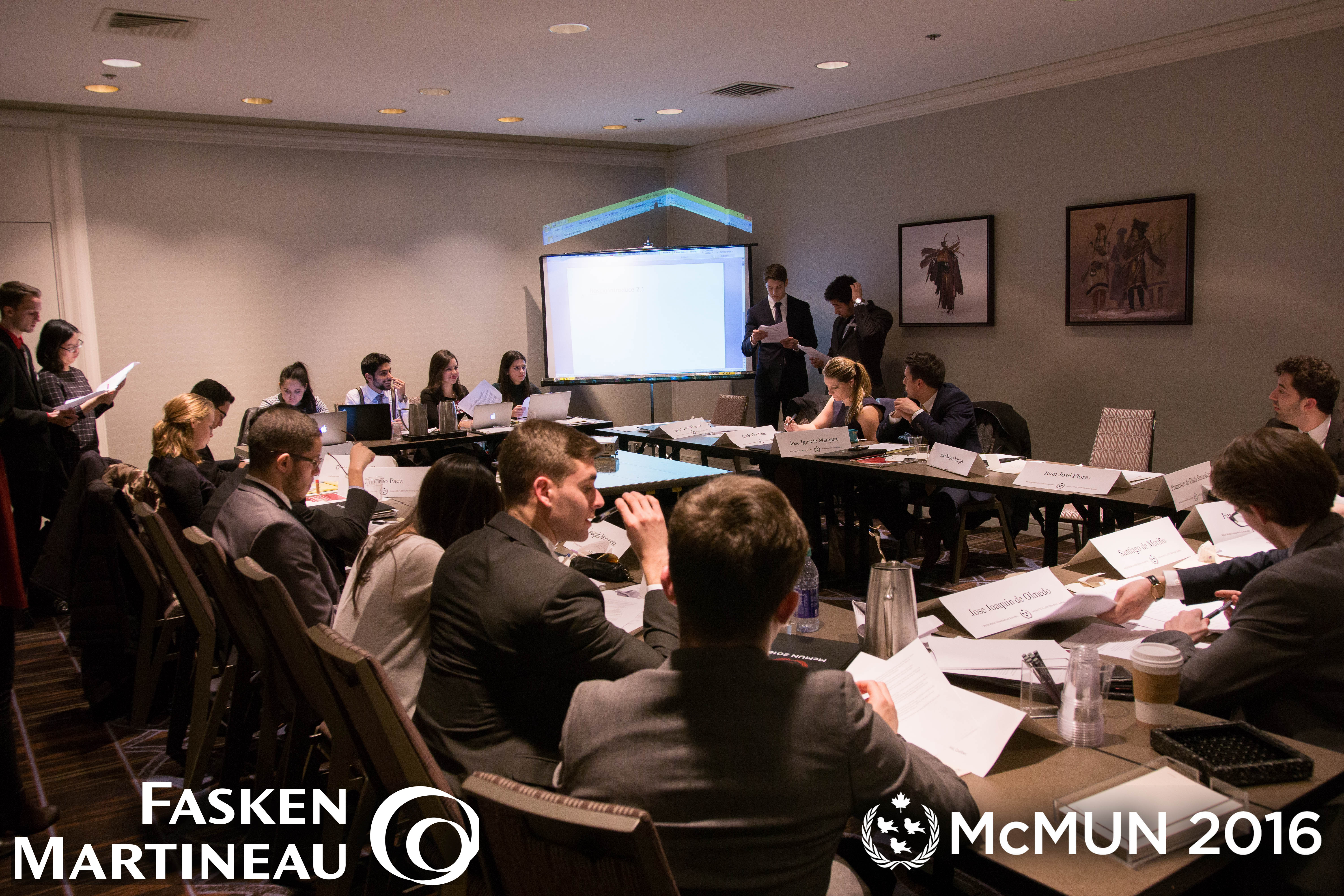El Gobierno de la Gran Colombia and the Panama Canal gamble

“We will do everything, don’t worry” read a line from the United States’s proposal to the Republica de la Gran Colombia to begin construction on the Panama Canal (dated November 26, 1823). The United States promised to pay for the construction of the canal in its entirety, and offered to fully administer its use. The nation preached messages of democracy and unity to Gran Colombia, and highlighted the significance of recent American economic success, in an attempt to persuade the young republic to accept the proposal.
On the other hand, France also proposed collaboration with Gran Colombia on the Panama Canal project, promising to invest $120,000,000 in the task. The French pointed to their dominance and stability as a nation and actor in the international community in order to plead their case.
In today’s session, the delegates of El Gobierno de la Gran Colombia were faced with a difficult decision: to allow the United States of America or France to spearhead the construction of the Panama Canal, or to demolish the project entirely.
From the get-go, many of the delegates were hesitant about the project, and apprehensive about the intentions of the American and French governments. One delegate cautioned the committee about the extreme relative power of both states in comparison to Gran Colombia, a nation still under construction. Benefits and risks of affording the project to each country were fiercely debated.
One delegate advocated that it would be logically feasible to go with the US because of its geographical proximity to Colombia. Additionally, the US’ economic boom could have potential spillover effects on to the new republic, and both countries could seriously benefit from the construction of the canal. Adversaries warned the committee of the possibility of American exploitative intentions embodied in their proposal to assume total administrative privilege of the project.
Patrons of France identified the nation’s superior experience, expertise, and resources, as being highly beneficial in the construction of the canal. Supporters also recognized that the distance between the two countries could support the preservation of Colombian sovereignty, as the French would not be able to control them from afar. Yet some delegates expressed concern on the impact that a joint effort with the French might have on the Colombian relationship with the United Kingdom, the number one industrial country in the world.
After weighing the positive and negative consequences of each option, the delegates of El Gobierno de Gran Colombia voted with an overwhelming majority not give either nation-state permission to build the canal. Ultimately, the country chose to maintain its independence as a newly formed state and to focus on their own sovereignty moving forward.
Photo credits to McMUN/ Philip Nguyen-Powanda

